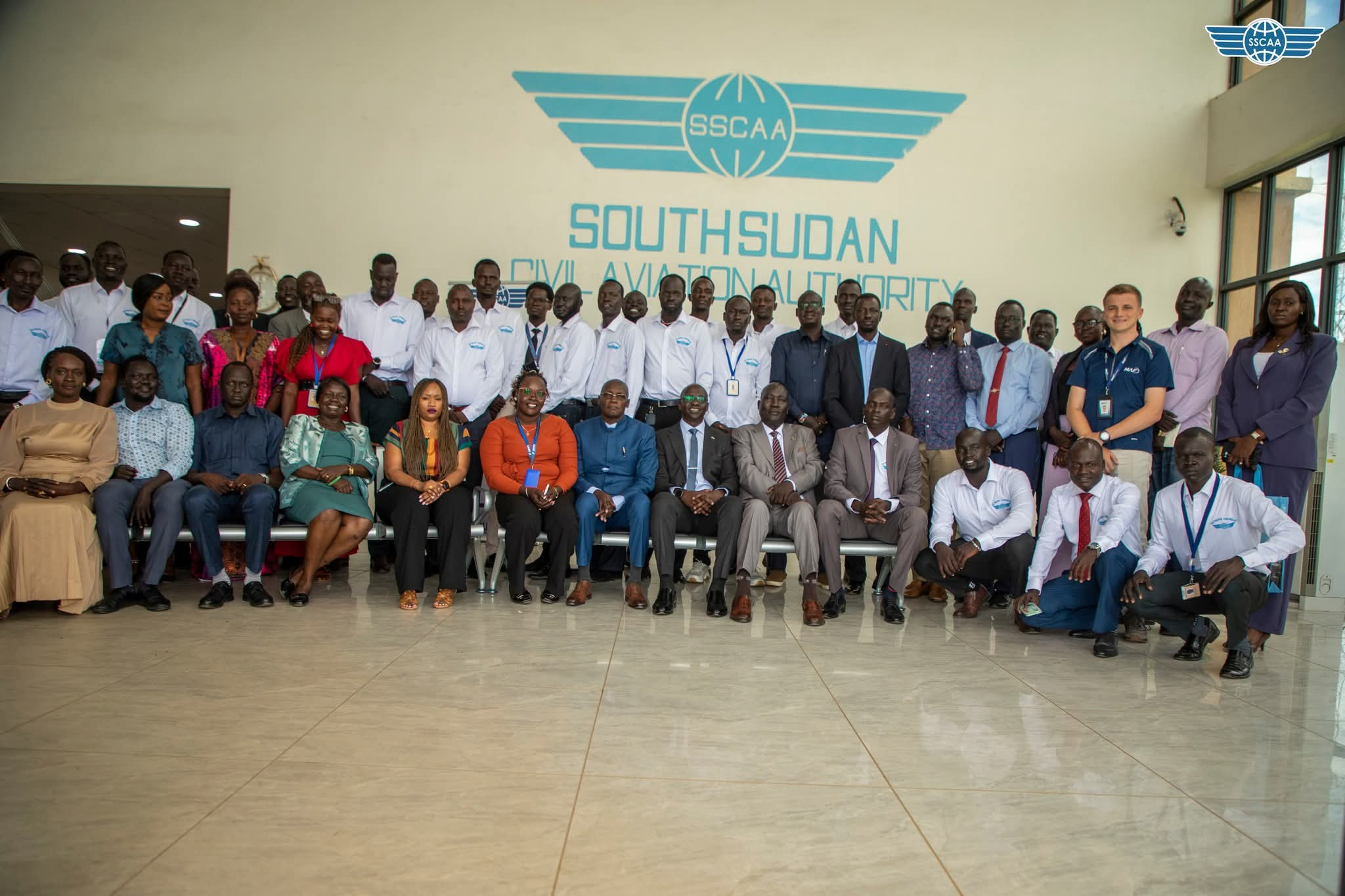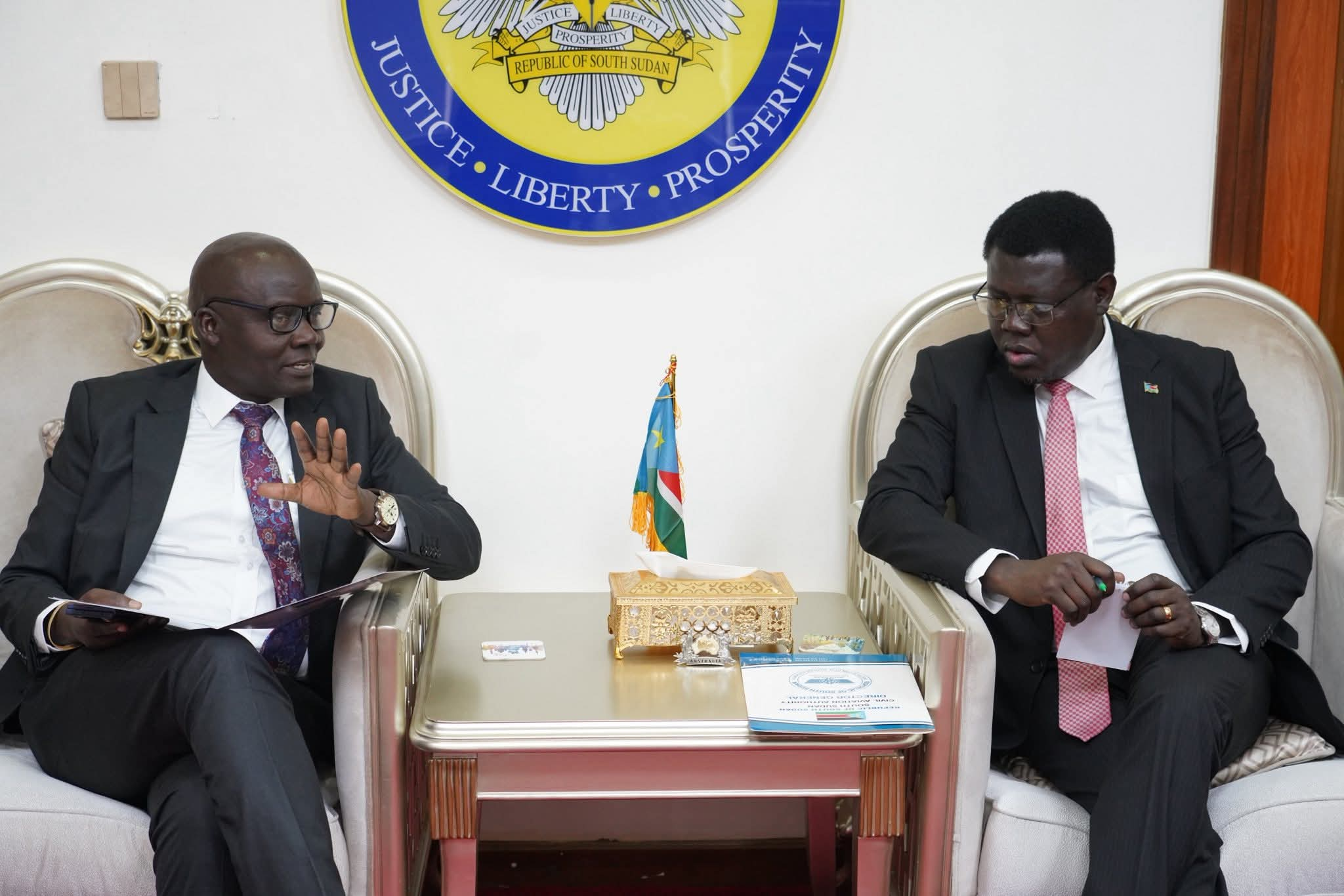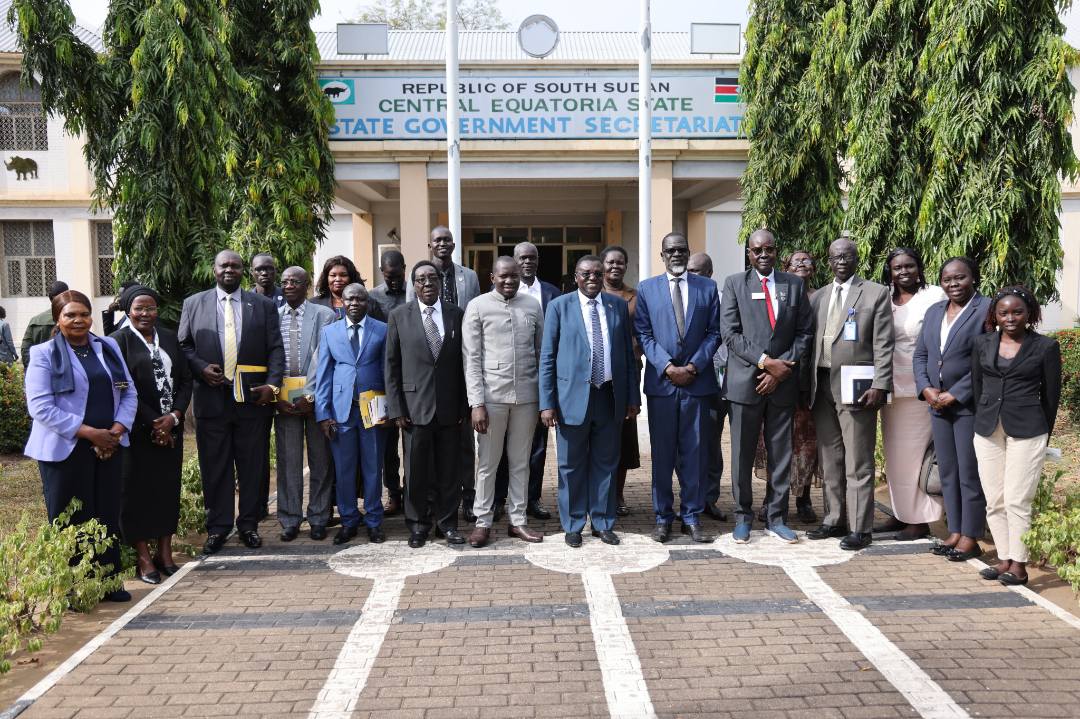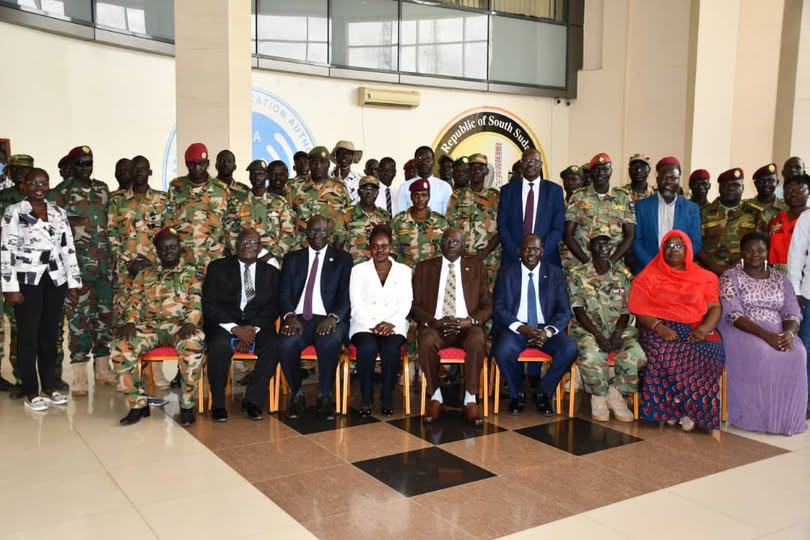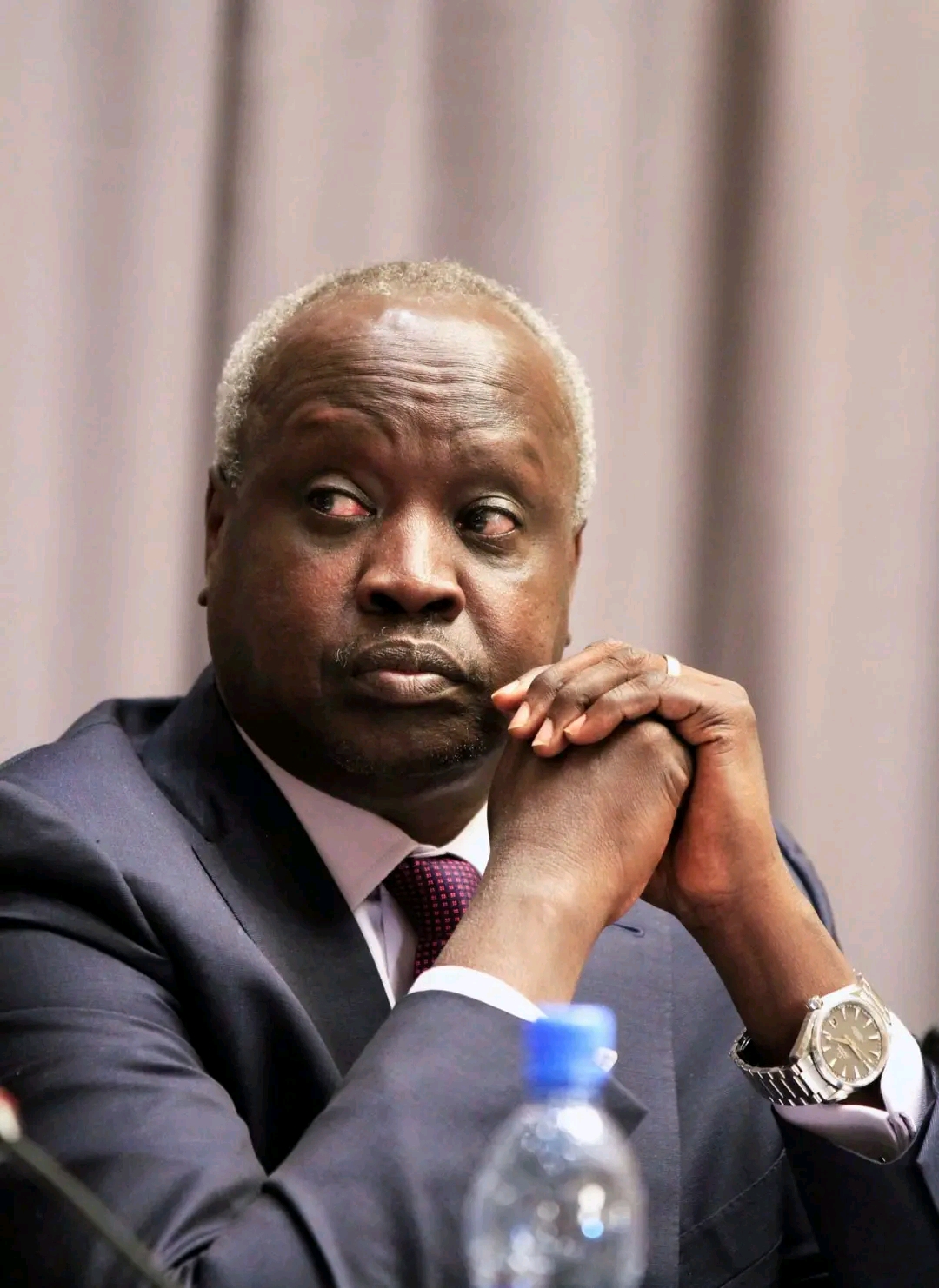
By Emmanuel.M. Garjiek
As the youngest nations in the world South Sudan faces critical challenges in its developmental sectors as its well known that the is one is control by the foreigners’ investors while the country is the midst of fast ocean of materials prosperity particularly oil, the country has attracted significant foreign investors, however this foreign influx Foses the risk of foreign monopolization
This article investigates the techniques that South Sudan may use to control foreign monopolization and establish a balanced and inclusive economic environment that benefits both domestic and foreign interests.
The Regulatory Framework
One of the most effective strategies to limit monopolization by foreigners is to build a powerful regulatory structure. This includes establishing clear and enforceable policies governing foreign investment and corporate ownership. For example, the government may set restrictions on foreign ownership in critical industries like as oil, mining, and telecommunications. By requiring international investors to collaborate with local organizations, South Sudan may ensure that local enterprises have a say in the country’s economic activity. Furthermore, strengthening regulatory institutions and maintaining transparency in contract and license giving can help to prevent foreign corporations from wielding excessive influence or engaging in monopolistic tactics.
Promoting Local Businesses.
Supporting the growth and development of local enterprises is critical to reduce reliance on foreign corporations. The government may provide local businesses a variety of incentives, including access to financing, tax exemptions, and subsidies. Furthermore, investment in infrastructure development, such as roads, power, and water supply, may reduce the cost of conducting business while increasing the competitiveness of local businesses. Local entrepreneurs can benefit from capacity-building initiatives such as training and mentorship, which can provide them with the skills and information they need to compete in the market. South Sudan may achieve a more balanced and inclusive economy by cultivating a thriving local business sector.
Transparency and accountability
To avoid monopolization by foreign firms, economic activity must be transparent and accountable. The government should establish strong monitoring and assessment tools to oversee foreign enterprises’ performance and compliance with local legislation. Contracts, licenses, and financial transactions that are made public can help to increase openness and confidence. Furthermore, creating independent monitoring committees to investigate and handle cases of corruption or misconduct helps improve accountability. South Sudan can level the playing field for both domestic and international enterprises by fostering a culture of openness and accountability.
Capacity Building
Developing the skills and competencies of the local workforce is critical for minimizing reliance on foreign expertise and increasing local involvement in economic activities. Investing in education and vocational training programs may provide South Sudanese residents with the necessary skills to take on leadership roles in a variety of industries. The government can partner with educational institutions and the commercial sector to create and implement training programs that match with the demands of the employment market. Furthermore, offering scholarships and chances for higher education can contribute to the development of a qualified workforce capable of driving economic growth. South Sudan may increase its economic independence and resilience by putting human capital development first.
Encouraging Local Participation
Mandating local involvement in foreign-led initiatives and ventures is another successful approach for preventing monopolization. The government has the authority to compel foreign enterprises to form joint ventures, partnerships, or subcontracting agreements with domestic firms. This guarantees that local companies benefit from economic activities. Furthermore, establishing minimal standards for local content and employment might encourage the participation of local suppliers and workers in foreign-led initiatives. By encouraging collaboration between local and foreign companies, South Sudan may generate chances for knowledge transfer, capacity building, and economic empowerment for its inhabitants.
Economic Diversification
Diversifying the economy away from oil and other natural resources is critical for minimizing reliance on foreign investment in a few areas. South Sudan has great potential in agriculture, industry, and services, all of which may serve as alternative economic drivers. The government may encourage agricultural growth by ensuring access to inputs, advanced farming practices, and market infrastructure. Furthermore, investing in the agro-processing industry might result in value-added goods and increased export income. Supporting the expansion of small and medium-sized firms (SMEs) in manufacturing and services can help to create jobs and minimize monopolization. South Sudan’s economic basis may be diversified to make it more robust and inclusive.
Regional Cooperation
Strengthening regional cooperation and integration provides prospects for South Sudan’s economic development and reduces foreign monopolization. Membership in regional organizations such as the East African Community (EAC) and the Intergovernmental Authority on Development (IGAD) allows the nation to get access to broader markets while also promoting commerce and investment. South Sudan can foster local economic growth by partnering with neighboring nations on infrastructure development, trade facilitation, and security measures. Furthermore, encouraging cross-border trade and investment can strengthen economic ties and encourage diversity. By leveraging regional alliances, South Sudan may attract more balanced and long-term international investment.
Conclusion
Controlling foreign-owned economic monopolies is critical to ensure that South Sudan’s economic progress benefits its inhabitants. South Sudan can achieve a balanced and inclusive economic environment by implementing a strong regulatory framework, promoting local businesses, ensuring transparency and accountability, building local capacity, encouraging local participation, diversifying the economy, and strengthening regional cooperation. These initiatives can boost local enterprises, lessen reliance on foreign organizations, and promote long-term economic prosperity. South Sudan may accomplish its aim of economic independence and prosperity via coordinated efforts by the government, private sector, and international partners.



